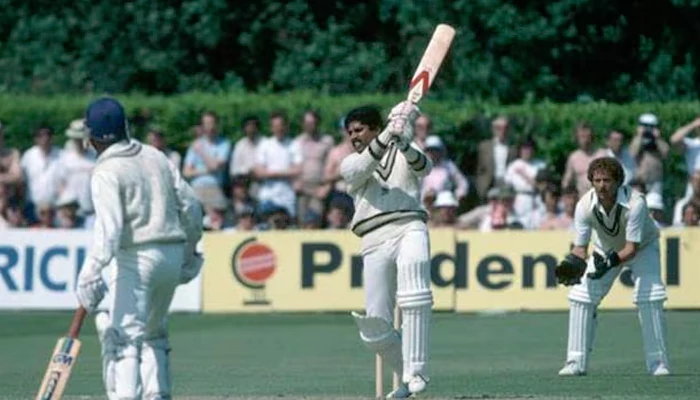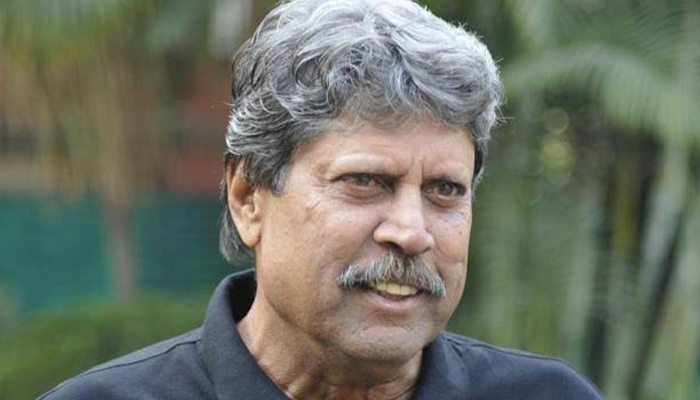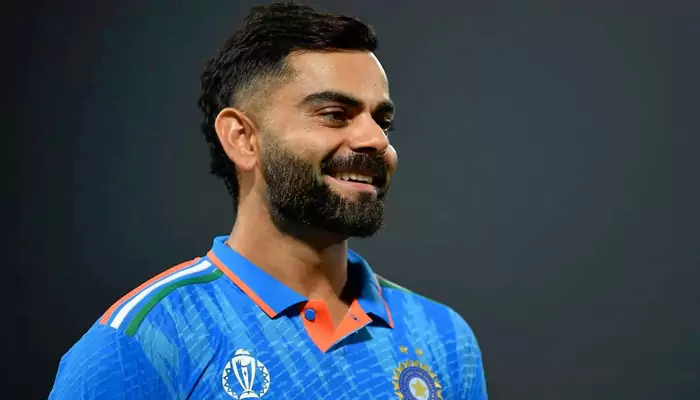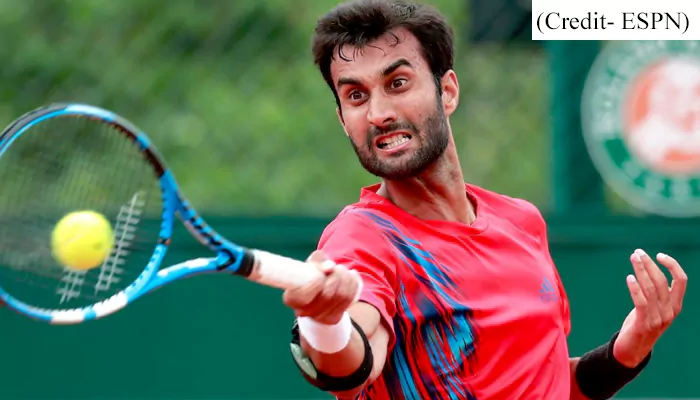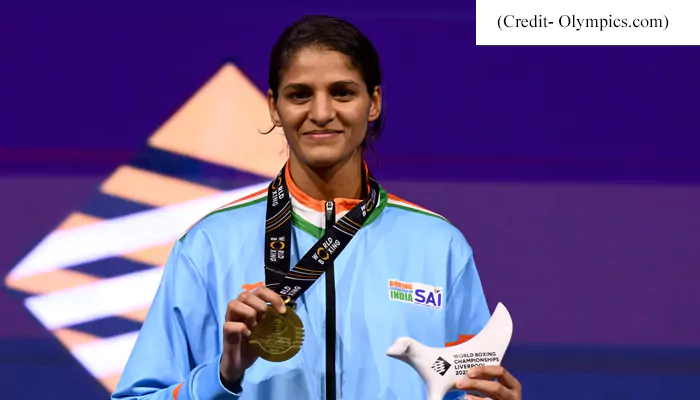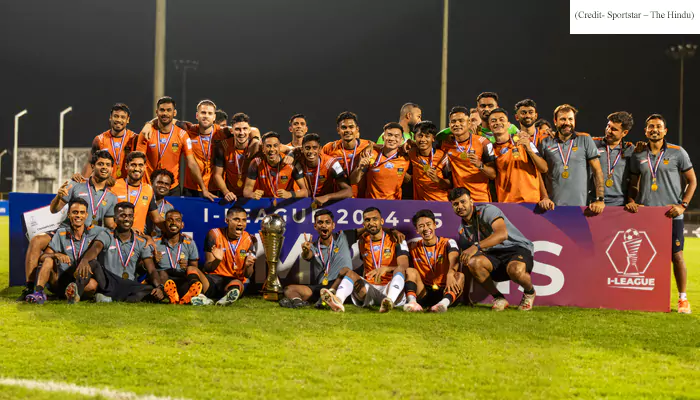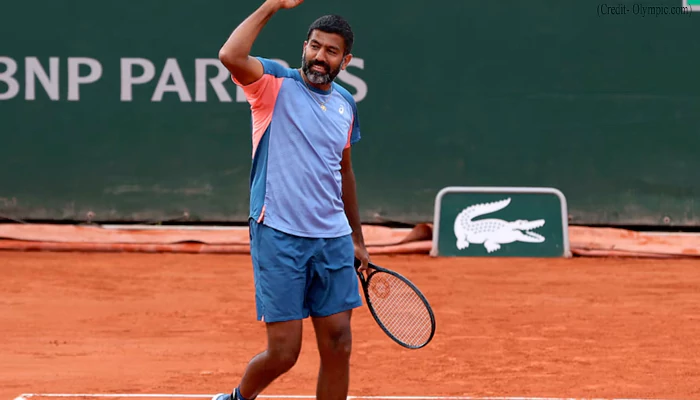Four Times India Reached T20 World Cup Semis: A Chronicle of Triumph and Heartbreak
- Admin
- 1 year ago
- 4 minutes read

The 2014 edition in Bangladesh saw a determined Indian side face South Africa in the semi-final.
This list explores four instances where the Indian cricket team reached the coveted semi-final stage of the ICC Men’s T20 World Cup. Each match is a snapshot of a unique moment in Indian T20 history, filled with both exhilarating victories and agonizing defeats.
1. 2007: Yuvraj Singh’s Blazing Knock Propels India to Dream Final
The 2007 World Cup in South Africa witnessed a young India, brimming with fearless talent, take down the mighty Australians in the semi-final. Yuvraj Singh emerged as the hero, smashing a breathtaking 70 runs off just 30 balls. His innings, laced with audacious sixes, powered India to a commanding total of 188. Sreesanth’s fiery spell with the ball, restricting Australia to 173, sealed a historic victory for India. This win set the stage for an all-subcontinent final against Pakistan. The 2007 World Cup witnessed a young India, brimming with fearless talent, take down the mighty Australians. Yuvraj Singh’s swashbuckling knock became an instant legend, etching his name in the pantheon of Indian cricket heroes.
2. 2022: England’s Ruthless Batting Crushes India’s Hopes
Fast forward to 2022, India faced a resurgent England in the semi-final held in Australia. India’s batting faltered, managing a modest 168 runs. Openers Alex Hales and Jos Buttler put on a masterclass in boundary-hitting, chasing down the target with ease and shattering India’s dream of a T20 World Cup title. While Hardik Pandya provided a lone fightback with a quickfire 63, it wasn’t enough to overcome the brilliance of the English openers. The 2022 edition in Australia showcased the ever-evolving nature of T20 cricket. England’s openers displayed a clinical approach to power-hitting, dismantling India’s bowling attack and shattering their title aspirations.

India have a brilliant record against South Africa in ICC events
3. 2014: Clinical Kohli Steers India to the Final
The 2014 edition in Bangladesh saw a determined Indian side face South Africa in the semi-final. Virat Kohli, the then-rising star, played a pivotal role. His composed 72* run knock anchored India’s chase of 173. The bowlers, led by Ashwin’s three wickets, kept the South Africans in check, ensuring a comfortable six-wicket victory. This win set up another all-Asian final, where India met Sri Lanka.
The 2014 tournament in Bangladesh saw the emergence of Virat Kohli as a T20 force. His composed batting display, along with Ashwin’s crucial wickets, ensured a comfortable victory and a chance to challenge Sri Lanka for the trophy.
4. 2016: West Indies’ Power Hitting Downs Kohli’s Masterclass
The 2016 World Cup held in India witnessed a heart-wrenching loss for the hosts. Virat Kohli, once again, was in top form, scoring a magnificent 89* runs off just 47 balls against the West Indies in the semi-final. However, the West Indies batting line-up, known for their explosive power, chased down the target of 193 with ease. Simmons’ unbeaten 82* and Russell’s late cameo ensured a dominant victory for the West Indies, leaving a disappointed Indian crowd at the Wankhede Stadium.
The 2016 World Cup, held on home soil, turned into a bittersweet memory for Indian fans. While Kohli’s batting brilliance was undeniable, the West Indies’ batting lineup proved to be too powerful. Their aggressive approach and clinical finishing left the Indian bowlers with little room for maneuver. This semi-final defeat underscored the need for India to adapt their approach to the ever-changing T20 landscape.
These four instances showcase the unpredictable nature of the T20 format, where individual brilliance can clash with collective team performances. While India has reached the T20 World Cup semi-final on multiple occasions, they haven’t always been able to secure the coveted trophy. Each match offers valuable lessons and unforgettable moments that have become etched in the history of Indian cricket.

